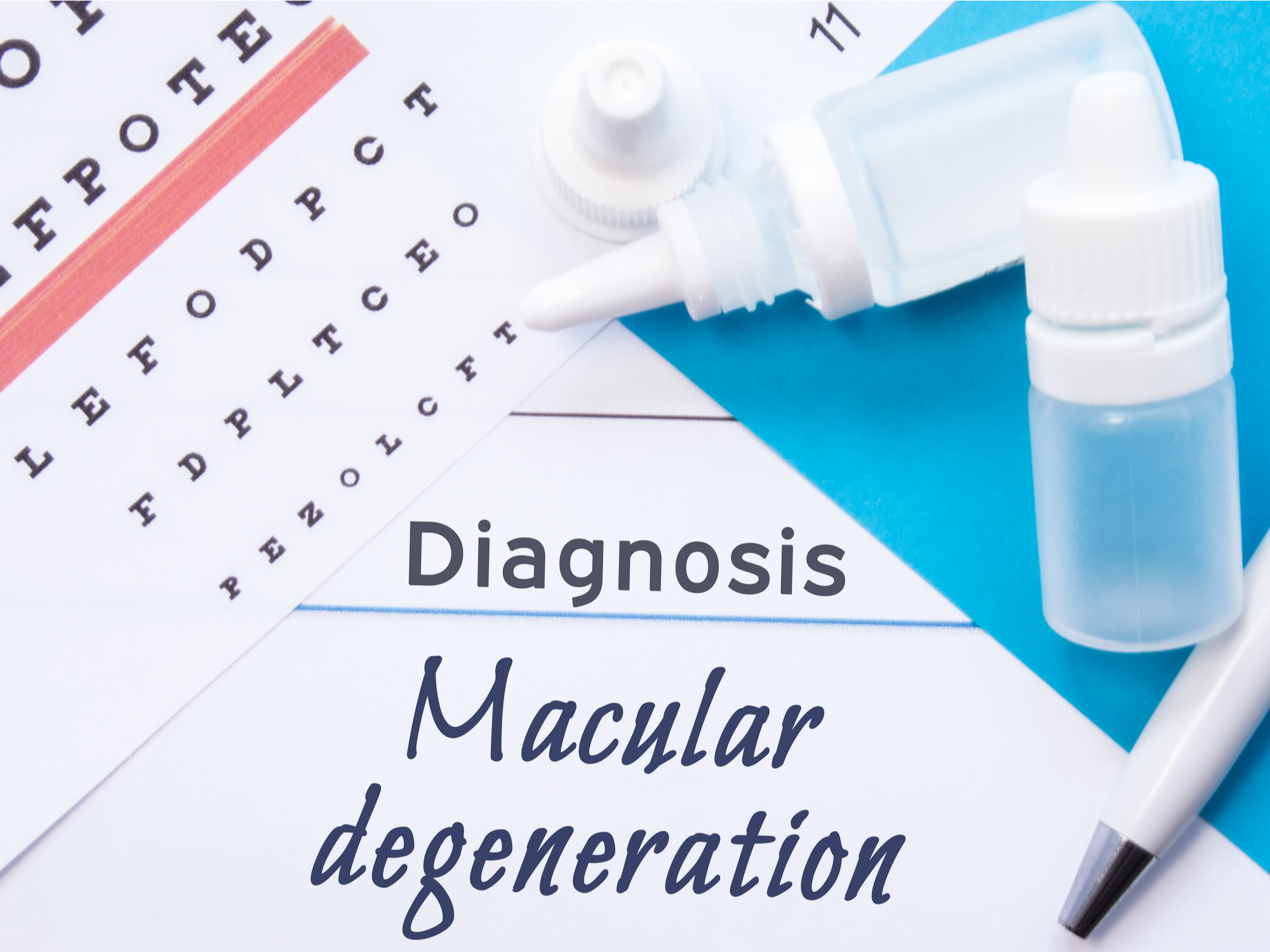
If your vision changes, have an ophthalmologist check your eyes. Regular eye checks diagnose injuries and diseases early on, allowing intervention to stop or slow the disease. Macular degeneration is among the many conditions that can be impeded with an early diagnosis. An eye care specialist can diagnose macular degeneration with a set of ocular tests.
Dilated Eye Exam
The doctor puts eye drops into your eyes to dilate the pupils. Once dilated, the doctor checks your retinas in the back of your eyes using a special device. Images form there before transmission to the brain for interpretation. The doctor checks to see if you have yellow deposit formation under the retina, called drusen, which indicates macular degeneration.
Fundus Photography
With your pupils still dilated, the doctor conducts the fundus photography test. It involves focusing light through your eye’s lens, pupil, and cornea to photograph the back of the eye. These photos give detail necessary to examine the retina, macula, and optic nerve. He or she makes sure that there are no signs of disease on any of those three parts.
During your next visit, photos are again and compared to those of the previous visit. The comparison determines if there have been changes between your visits.
Fluorescein Angiography
For the fluorescein angiography test, the doctor injects a special pigmented dye into your arm. The dye circulates through your bloodstream and toward the vessels inside your eyes. The doctor then uses a special camera to take pictures that trace the stain inside the eye’s blood vessels. These stains would indicate blood vessel leaks or abnormalities, both signs of macular degeneration.
Tonometry
The tonometry test is used to measure intraocular pressure in the eye. The optometrist must offer some numbing first before administering the test.
Indocyanine Green Angiography
The doctor injects a special dye into your circulatory system and uses an angiogram to determine the specific type of macular degeneration you have.
Amsler Grid Test
This test is performed at the doctor’s office, but you can also carry the grid home to see if you have any vision changes. Using the unique grid determines if there are any changes in your center vision. The doctor asks you to look at the grid lines and report what you can see. If the straight gridlines appear broken, faded, or distorted, you may have macular degeneration.
Care After a Macular Degeneration Diagnosis
After a positive diagnosis, your doctor will offer you treatment options. You could have low vision rehabilitation to learn how to adapt to the changes in your vision. You could also get a telescopic lens implant in one of your eyes to enhance your vision. A surgical option is recommended for patients with advanced dry macular degeneration.
Besides the treatment, you could try home remedies and lifestyle changes to manage the condition and slow the vision loss. Some steps to take include eating healthier, smoking cessation, and maintaining a healthy weight. It would also help if you managed any underlying conditions like high blood pressure.
Routine eye exams can diagnose this disease early, enabling sufficient treatment.
Get regular eye tests for macular degeneration at Alta Loma Optometric in Rancho Cucamonga, California. You can also call (909) 787-1760 to request an appointment.








